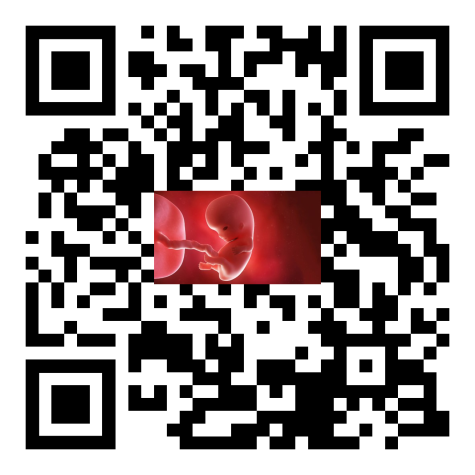Post Roe: Pro-Choice
Why our country has the responsibility to protect human rights
“With sorrow—for this Court, but more, for the many millions of American women who have today lost a fundamental constitutional protection—we dissent.”
These chilling words were the finale of the over 50-page-long dissent of Stephen Breyer, Sonia Sotomayor, and Elena Kagan to their colleagues’ decision to overturn Roe v. Wade.
Women deserve the right to have an abortion – not because abortion is a human right, but choice is. Our country needs to be pro-choice, not pro-abortion.
When the Supreme Court overturned the precedent set by the 1973 Roe v. Wade case, they violated the human rights guaranteed to all citizens in our Constitution. The 14th Amendment guarantees every citizen life, liberty, and equal protection – which includes reproductive rights and bodily autonomy.
If one’s personal religion prohibits them from having an abortion, then that is their choice. But in our secular government and under the First Amendment, no one has the right to impose their religious belief on others.
Additionally, the harsh reality is that despite many partially successful efforts at social reform, we continue to live in a patriarchal and male-dominated society. Women make up only 28% of our current congress, and historically, women have made up less than 5% of Supreme Court justices. Evidently, men control our government, and men control our society.
So why do we allow those upper class men (whom our government pays six figures apiece every year) to make decisions on an issue that mostly affects lower class women? In addition to the morals the decision violates and the statement of apathy towards women’s bodily autonomy it serves as, this issue is also of safety. Unless a national ban develops, upper class women who seek an abortion will always be able to travel to a state in which abortion is legal and receive a safe operation. Lower class women, however, who are trapped in states in which abortion is illegal without the financial means to leave, will be forced to resort to one of two options: either they must unwillingly risk their health to go through the pregnancy and later support a child they never wanted, or resort to seeking an unsafe abortion, potentially even self-inflicted.
At its essence, this decision won’t allow states to ban abortion: it will just allow them to ban safe ones.
Why should we value a fetus over human life? Aborting a clump of cells that cannot sustain itself out of the womb is a miniscule amount of collateral damage to protect both the physical health as well as mental health and futures of unwilling mothers. Young lives should not be derailed by the task of raising an unwelcome child.
And not to mention, this decision is detrimental to impregnated victims of rape and incest. While many suggest to add clauses to abortion bans allowing these victims to retain access to the operation, this is improbable, as less than 1% of rapes lead to a convinction. In fact, only 31% of rapes are even reported to the police. Thus, it would be impossible to ensure eligibility for these victims (and certainly not in a timely manner) and would only lead to more stress and trauma.
But all of this doesn’t even matter – because the only person making the decision of whether they should be able to get an abortion or not should be the person seeking one. We should not have the authority to dictate what happens to another’s body. Nor should society. Nor should the church. Nor should the government. That responsibility rests solely in the hands of the impregnated person.
We as women have been lulled into a false sense of security by a hypocritical society that convinced us that the war on women is over. But it is not. It never ended. And it is our responsibility to tirelessly fight for the legacy of women’s rights advocates like Susan B. Anthony, to fight for ourselves, and to fight for our daughters to come, who will continue to advocate for gender equality, and we must not relent until our government codifies Roe v. Wade so that no man may ever again take away our human right to choose.



